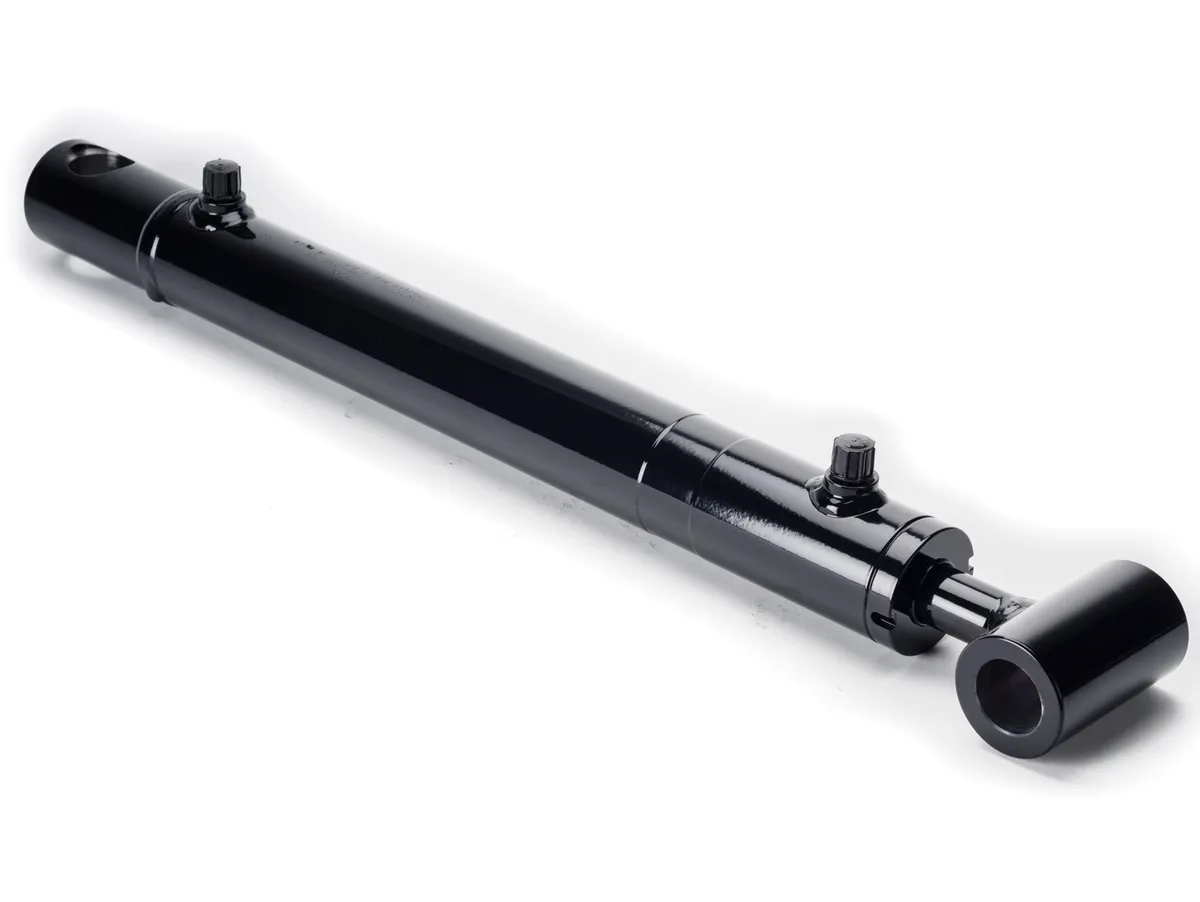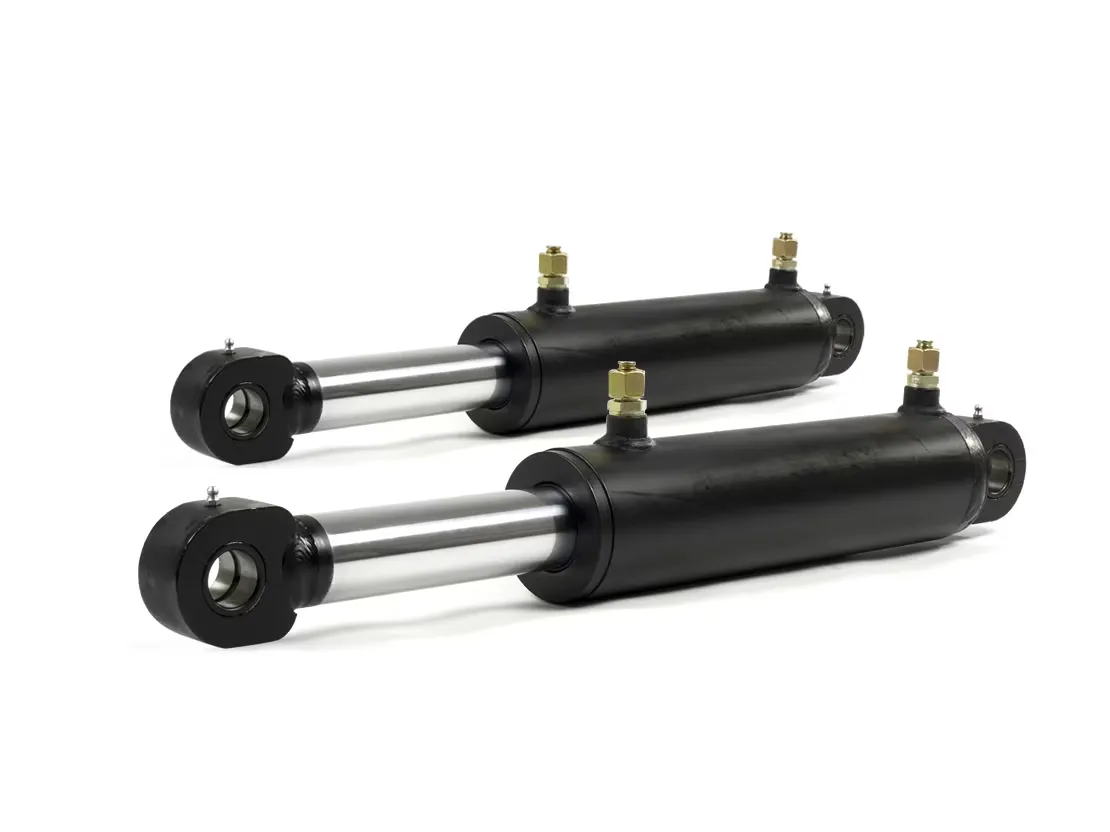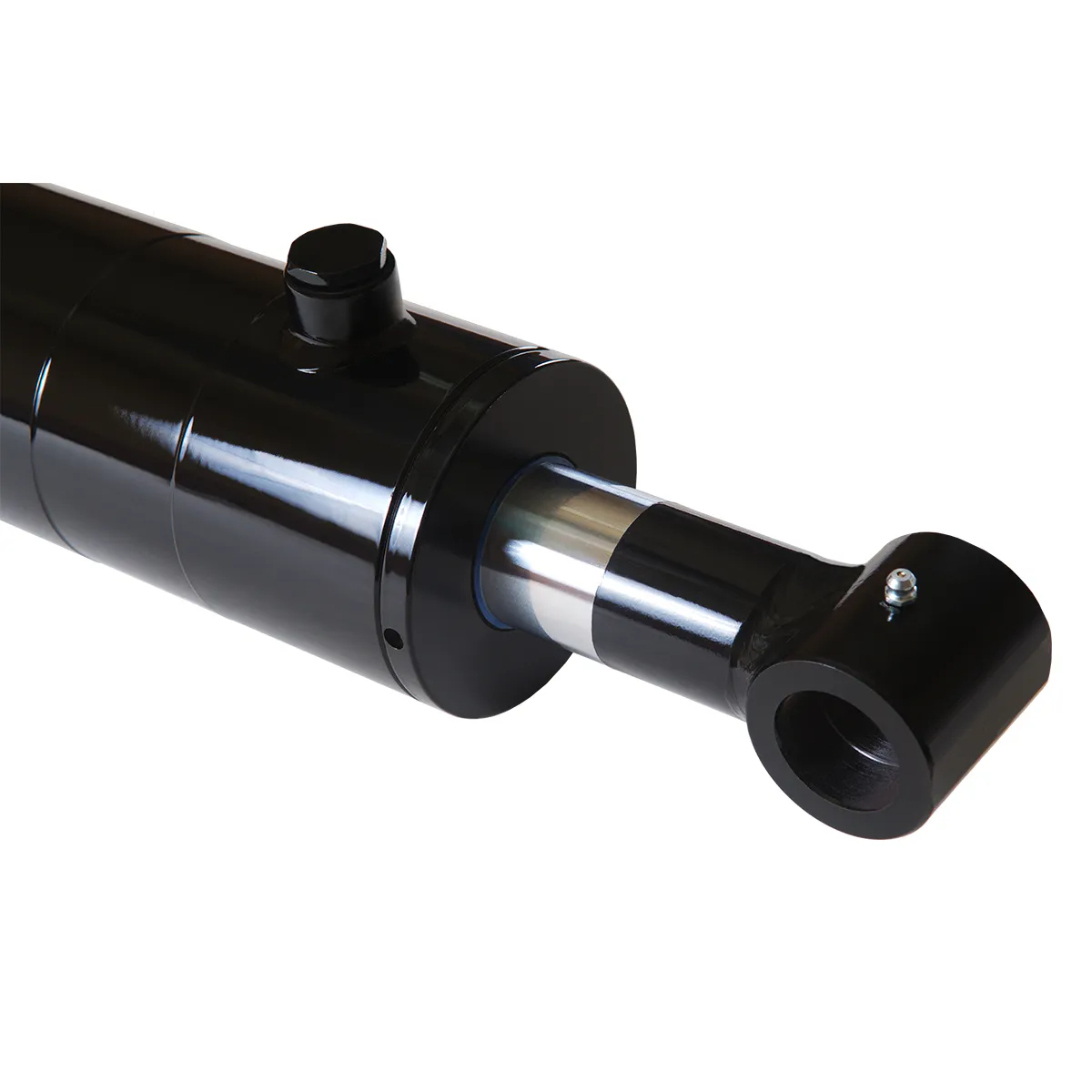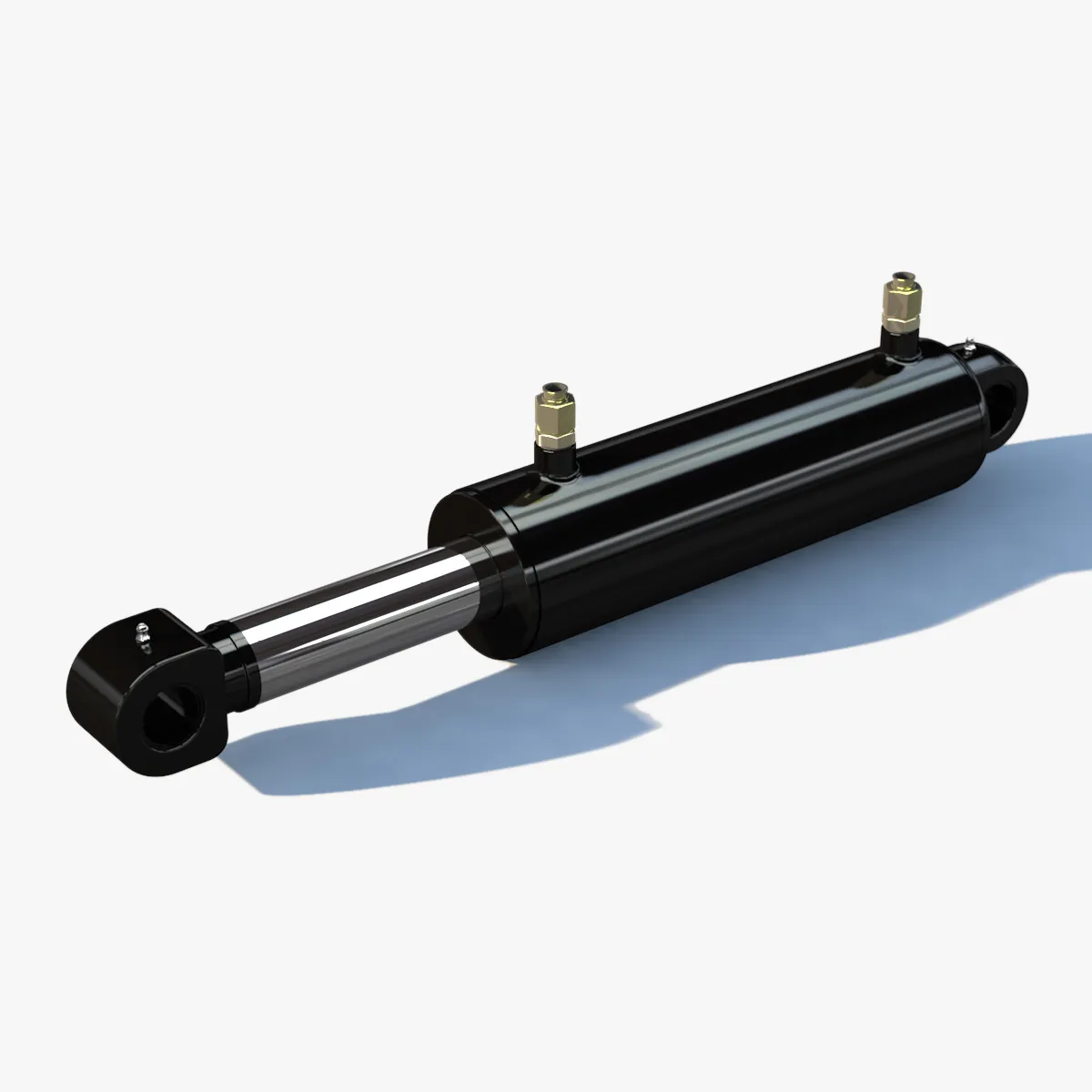Understanding the Environmental Impact of Double Rod Single Acting Hydraulic Cylinders
Hydraulic cylinders are essential components in various industrial applications, including construction, manufacturing, and agriculture. Among these, double rod single acting hydraulic cylinders have gained popularity due to their efficiency and performance. However, as industries strive to reduce their environmental footprint, it is crucial to examine the environmental impact of these hydraulic systems. This article delves into the environmental considerations associated with double rod single acting hydraulic cylinders, addressing their design, operational efficiency, and potential ecological effects.

1. Overview of Double Rod Single Acting Hydraulic Cylinders
Double rod single acting hydraulic cylinders are specialized hydraulic devices designed to convert hydraulic energy into linear motion. Unlike traditional single rod cylinders, double rod cylinders feature a rod on both ends, allowing for equal force application in both directions. This design enhances efficiency and improves the overall performance of machinery.
1.1 Key Features and Advantages
– Enhanced Stability: The dual rod design provides better stability and reduces lateral forces, resulting in improved operational efficiency.
– Compact Design: The symmetry of the double rod cylinder allows for a more compact design, making it suitable for applications with limited space.
– Increased Lifespan: The balanced operation reduces wear and tear, thereby extending the lifespan of the cylinder.
2. The Environmental Impact of Hydraulic Fluids
Hydraulic systems rely on hydraulic fluids, which can significantly impact the environment if not managed correctly. The choice of hydraulic fluid directly influences the ecological footprint of double rod single acting hydraulic cylinders.
2.1 Types of Hydraulic Fluids
– Mineral Oils: Traditional hydraulic fluids derived from petroleum, which can be harmful to the environment if leaked.

– Biodegradable Fluids: These fluids are designed to break down more quickly in the environment, reducing their ecological impact.
2.2 Risks of Hydraulic Fluid Leaks
Leaking hydraulic fluids can contaminate soil and water sources, posing risks to aquatic life and ecosystems. This is particularly concerning for double rod cylinders used in outdoor applications, where leaks can go unnoticed for extended periods.
3. Energy Efficiency and Sustainability
Energy consumption is a critical factor in evaluating the environmental impact of hydraulic systems. Double rod single acting hydraulic cylinders may contribute to energy efficiency in several ways.
3.1 Reduced Energy Consumption
The design of double rod cylinders allows for better force distribution, reducing the amount of energy required to perform work. This efficiency can lead to lower overall energy consumption in industrial processes.
3.2 Potential for Alternative Energy Sources
The integration of renewable energy sources, such as solar or wind power, can further enhance the sustainability of hydraulic systems. By using energy-efficient hydraulic cylinders, industries can minimize their reliance on fossil fuels.
4. Lifecycle Assessment of Hydraulic Cylinders
A comprehensive lifecycle assessment (LCA) evaluates the environmental impact of hydraulic cylinders from production to disposal. This approach helps identify areas for improvement and promotes sustainable practices.
4.1 Manufacturing Impact
The production process of double rod single acting hydraulic cylinders involves various materials, including metals and seals. Mining and processing these materials can have significant environmental consequences, including habitat destruction and pollution.

4.2 End-of-Life Considerations
Proper disposal and recycling of hydraulic cylinders are essential for minimizing their environmental impact. Industries should prioritize recycling metal components and safely disposing of hydraulic fluids to reduce landfill waste and pollution.
5. Regulatory Considerations and Compliance
Compliance with environmental regulations is crucial for industries utilizing hydraulic systems. Organizations must adhere to local and international standards to mitigate their environmental impact.
5.1 Environmental Regulations
Various regulations govern the use of hydraulic fluids and emissions from hydraulic systems. Compliance with these regulations helps protect the environment and promotes sustainable practices.
5.2 Industry Best Practices

Adopting best practices in maintenance and operation can significantly reduce the environmental impact of double rod single acting hydraulic cylinders. Regular inspections, fluid management, and staff training are essential components of an effective environmental strategy.
6. Innovations in Hydraulic Cylinder Technology
Technological advancements in hydraulic systems are continuously being developed to minimize their environmental impact. Innovations can lead to more sustainable operations and reduced ecological footprints.
6.1 Smart Hydraulic Systems
The integration of IoT (Internet of Things) technology in hydraulic systems can enhance monitoring and control, reducing the likelihood of leaks and energy waste.
6.2 Advanced Materials
Research into alternative materials for hydraulic cylinders can lead to more sustainable options, reducing the environmental impact associated with traditional materials.
7. Conclusion
The environmental impact of double rod single acting hydraulic cylinders is multifaceted, encompassing factors such as hydraulic fluid management, energy efficiency, and lifecycle considerations. While these cylinders offer advantages in terms of performance and stability, it is imperative for industries to adopt sustainable practices and comply with environmental regulations to minimize their ecological footprint. Regular maintenance, the use of biodegradable fluids, and innovative technologies can significantly mitigate the environmental risks associated with hydraulic systems.
For businesses looking to enhance their environmental responsibility while maintaining operational efficiency, consider exploring the products offered by EVER-POWER. Their commitment to quality and sustainability makes them a reliable choice for hydraulic solutions that align with your environmental goals.
